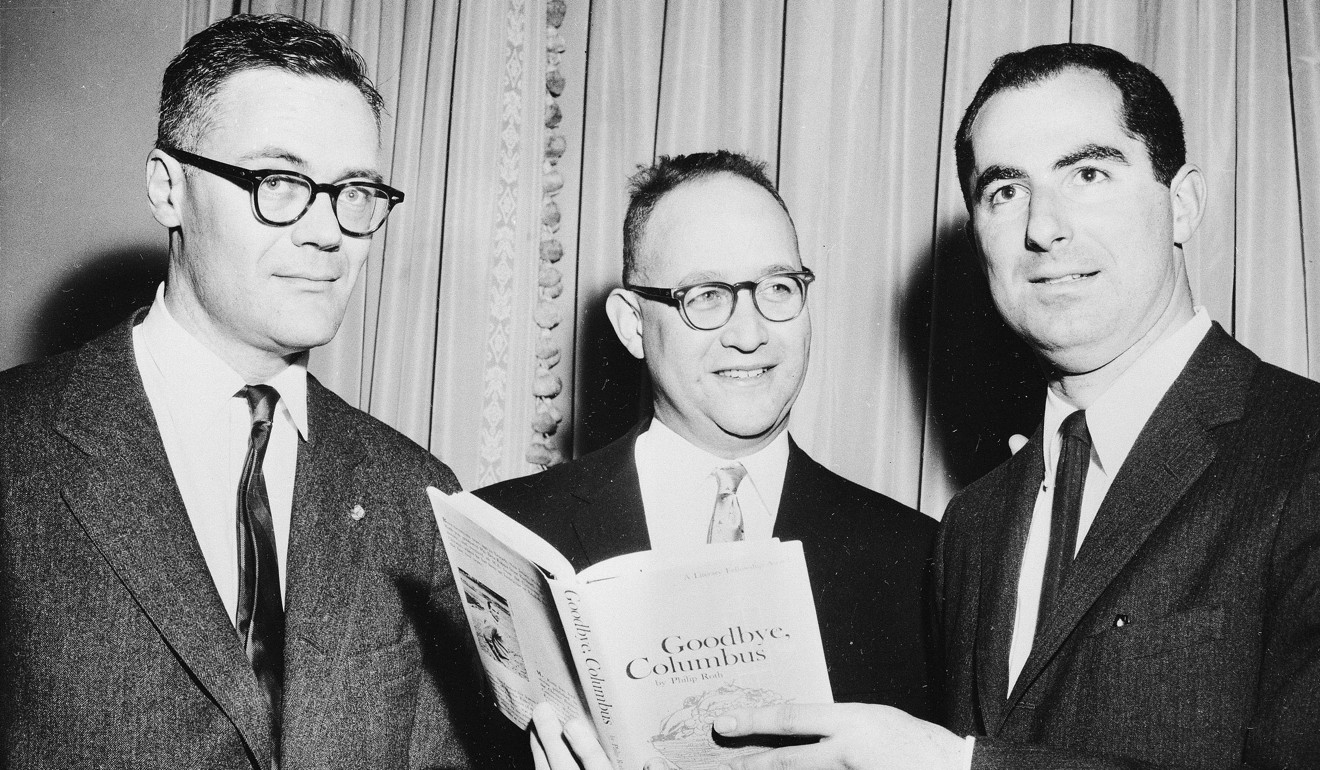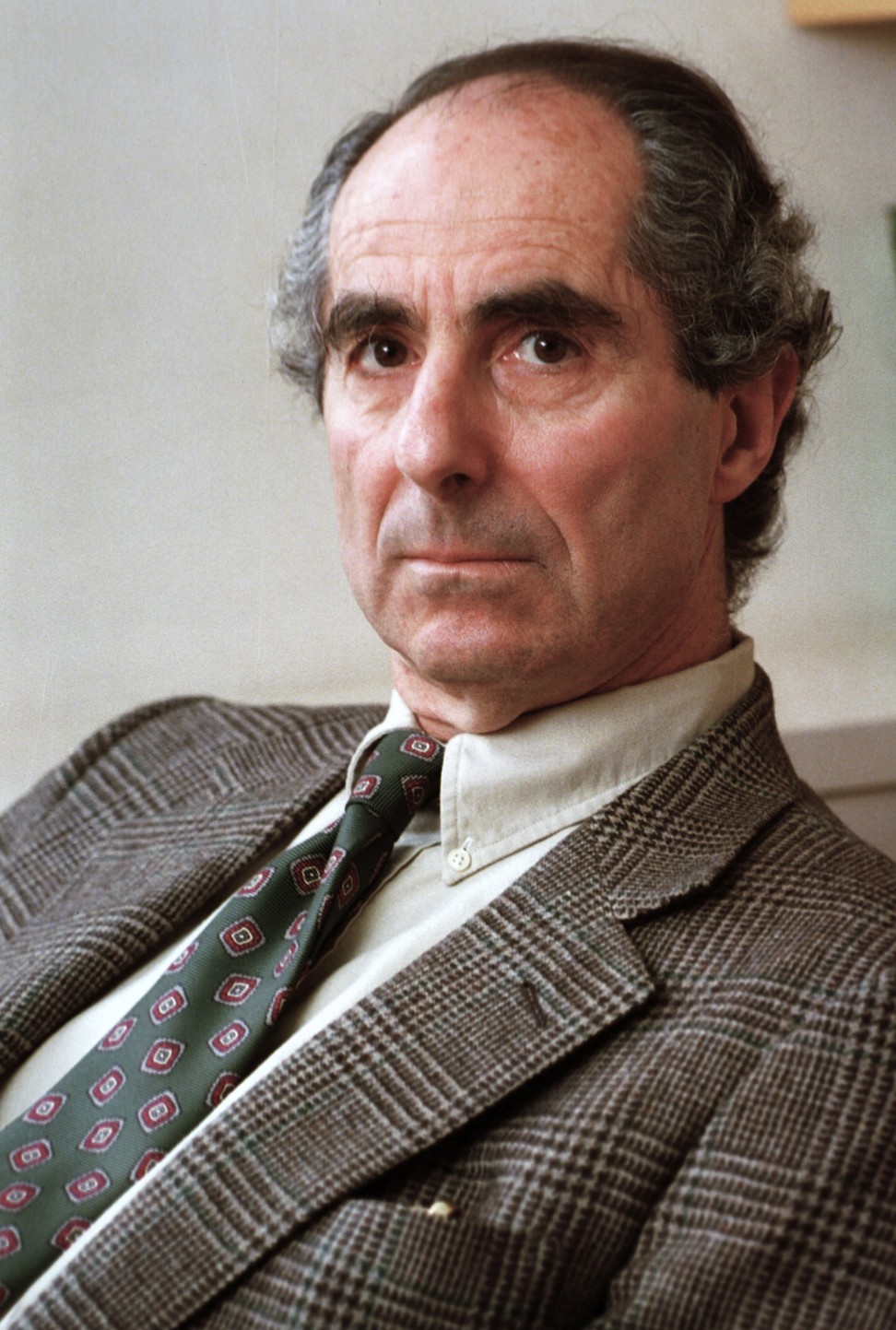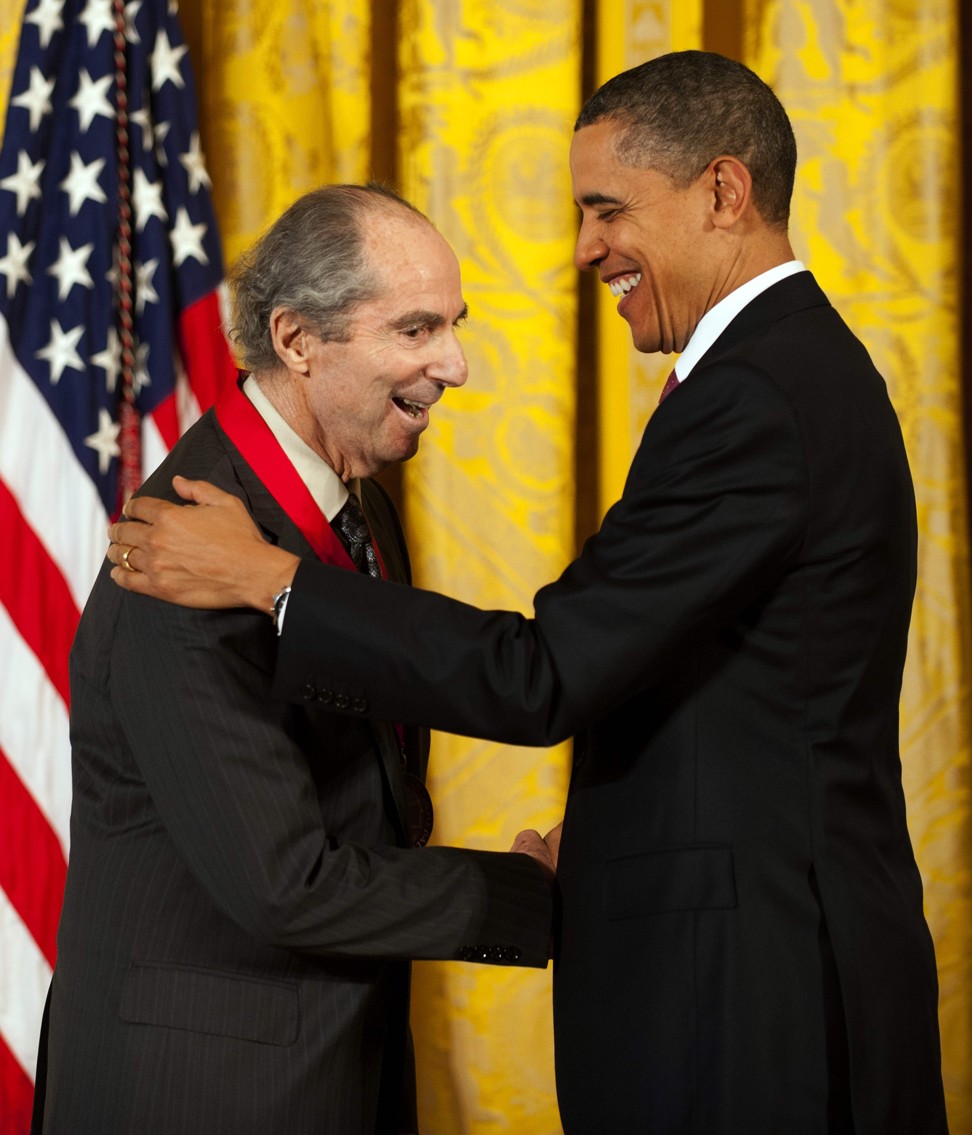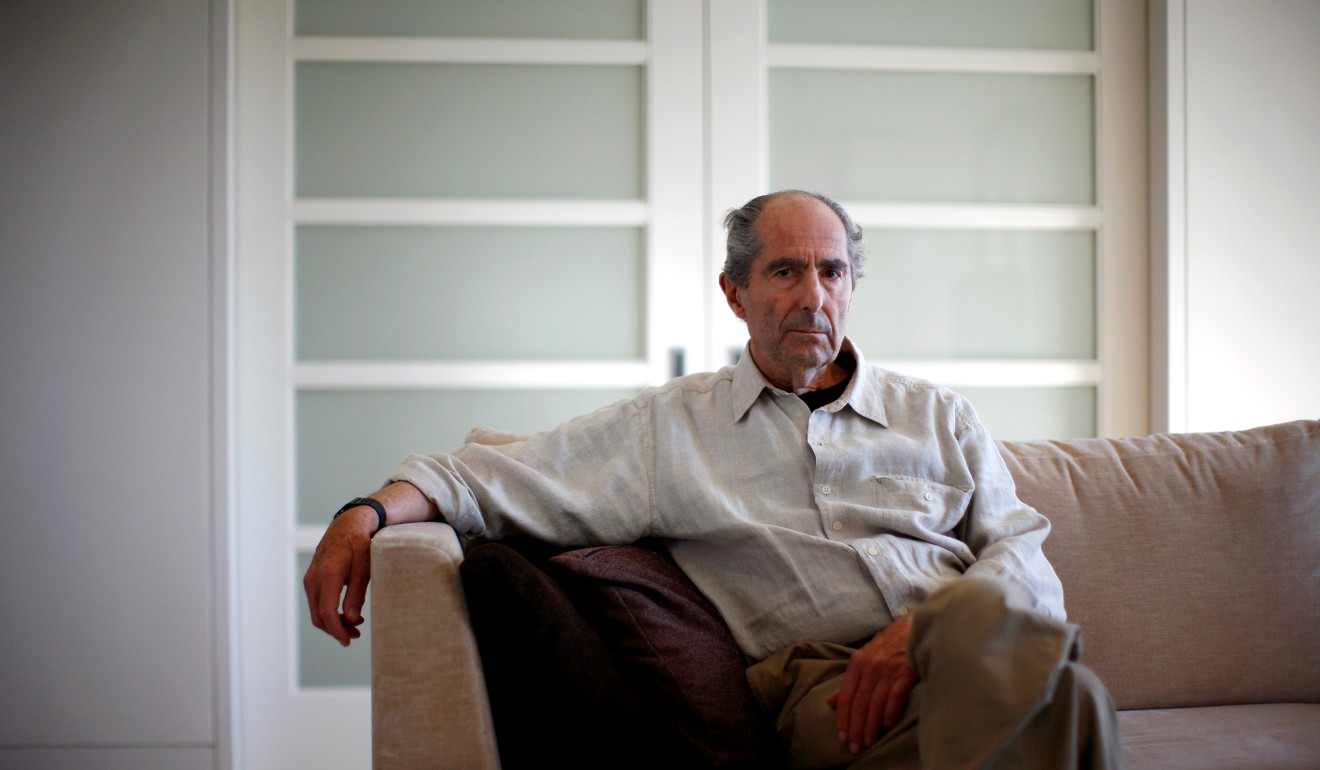
Literary giant Philip Roth, fearless narrator of American life ‘in all its shameful impurity’, dead at 85
Assailed for supposed misogyny and for his comic portrayal of fellow Jews, Roth was nevertheless regarded as one of the greatest writers to never win the Nobel Prize
Philip Roth, the prize-winning novelist and fearless narrator of sex, death, assimilation and fate, from the comic madness of Portnoy’s Complaint to the elegiac lyricism of American Pastoral, died Tuesday night at age 85.
Roth’s literary agent, Andrew Wylie, said he died in a New York City hospital of congestive heart failure.

He was among greatest writers never to win the Nobel Prize. But he received virtually every other literary honour, including two National Book Awards, two National Book Critics Circle prizes and, in 1998, the Pulitzer for American Pastoral. He was in his 20s when he won his first award and awed critics and fellow writers by producing some of his most acclaimed novels in his 60s and 70s, including The Human Stain and Sabbath’s Theater, a savage narrative of lust and mortality he considered his finest work.

In the novel The Ghost Writer he quoted one of his heroes, Franz Kafka: “We should only read those books that bite and sting us.” For his critics, his books were to be repelled like a swarm of bees.
Feminists, Jews and one ex-wife attacked him in print, and sometimes in person. Women in his books were at times little more than objects of desire and rage and The Village Voice once put his picture on its cover, condemning him as a misogynist. A panel moderator berated him for his comic portrayals of Jews, asking Roth if he would have written the same books in Nazi Germany. The Jewish scholar Gershom Scholem called Portnoy’s Complaint the “book for which all anti-Semites have been praying.”

Ex-wife Claire Bloom wrote a best-selling memoir, Leaving a Doll’s House, in which the actress remembered reading the manuscript of his novel Deception. With horror, she discovered his characters included a boring middle-aged wife named Claire, married to an adulterous writer named Philip. Bloom also described her ex-husband as cold, manipulative and unstable. (Although, alas, she still loved him). The book was published by Virago Press, whose founder, Carmen Callil, was the same judge who quit years later from the Booker committee.

He never promised to be his readers’ friend; writing was its own reward, the narration of “life, in all its shameless impurity.” Until his abrupt retirement, Roth was a dedicated, prolific author who often published a book a year and was generous to writers from other countries. For years, he edited the Writers from the Other Europe series, in which authors from Eastern Europe received exposure to American readers; Milan Kundera was among the beneficiaries. Roth also helped bring a wider readership to the acclaimed Israeli writer Aharon Appelfeld.
Roth began his career in rebellion against the conformity of the 1950s and ended it in defence of the security of the 1940s; he was never warmer than when writing about his childhood, or more sorrowful, and enraged, than when narrating the shock of innocence lost.

